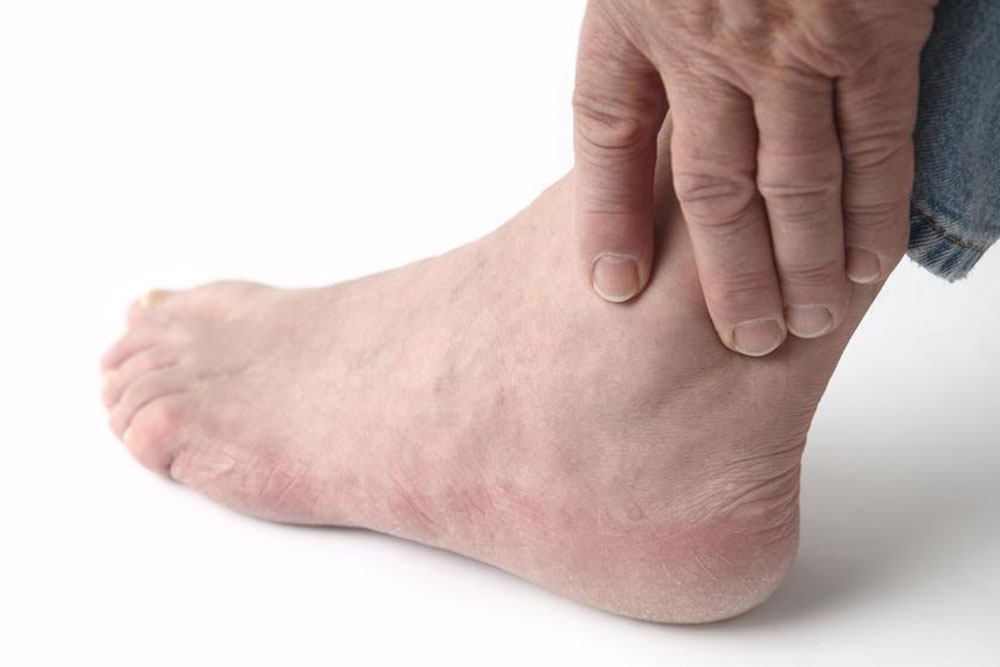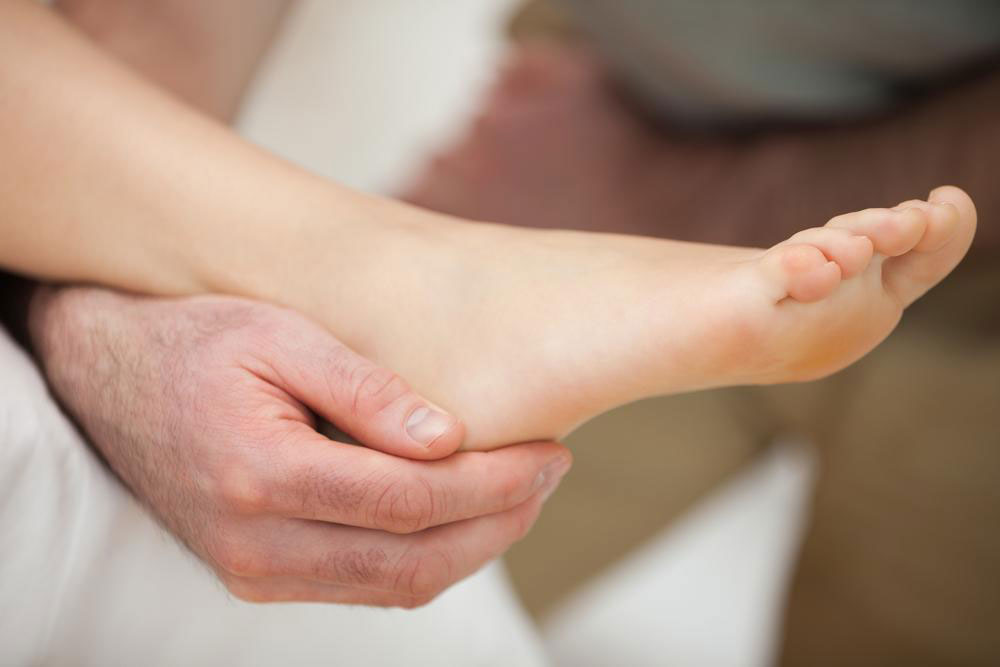Understanding and Managing Causes of Tingling Sensations
This article explores common causes of tingling sensations in the hands and feet, such as nerve damage, carpal tunnel syndrome, spinal stenosis, MS, systemic diseases, and nerve injuries. It offers insights into diagnosis and treatment options, emphasizing the importance of medical consultation for persistent symptoms. Suitable for readers seeking to understand nerve-related numbness and tingling, the article provides practical advice and highlights when to seek professional help.

Understanding and Managing Causes of Tingling Sensations
Experiencing numbness or a pins-and-needles feeling in your hands or feet often occurs after sleeping in a bad position or sitting cross-legged for prolonged periods. This sensation results from pressure on nerves disrupting normal signaling. While generally harmless, persistent tingling should prompt a consultation with a healthcare professional.
Nerve damage is a common reason behind tingling limbs. Fortunately, such issues often respond well to physiotherapy and medication without invasive procedures.
Several factors can contribute to tingling in the extremities, including:
Carpal Tunnel Syndrome: This condition results from nerve compression in the wrist, often due to repetitive motions like typing or sports. It causes tingling in the hands and is diagnosed via EMG and ultrasound. Treatments include anti-inflammatory drugs and physical therapy.
Cervical or Spinal Stenosis: Narrowing of the spinal canal can exert pressure on nerve roots and the spinal cord, leading to tingling in the hands and feet. Diagnosis involves MRI or CT scans, with treatment options ranging from epidural injections and physical therapy to surgery based on severity.
Multiple Sclerosis: This degenerative neurological disease causes nerve scarring in the brain or spinal cord, resulting in symptoms such as numbness, tingling, vision issues, and coordination problems. Management includes medication to slow disease progression.
Systemic Disorders: Conditions like liver disease, hypothyroidism, kidney problems, or cancer may damage nerves, causing tingling sensations. Treatment depends on the specific condition, guided by medical advice.
Nerve Injury: Trauma from accidents, herniated discs, or dislocated bones can damage or compress nerves, leading to tingling in extremities. Management includes physiotherapy, medications, or surgery if necessary.
Note: All information here is for educational purposes. While it offers valuable insights, it should not replace professional medical advice. Always consult healthcare providers for diagnosis and treatment. The content is intended to inform, and the creators are not responsible for discrepancies or misinterpretations.










